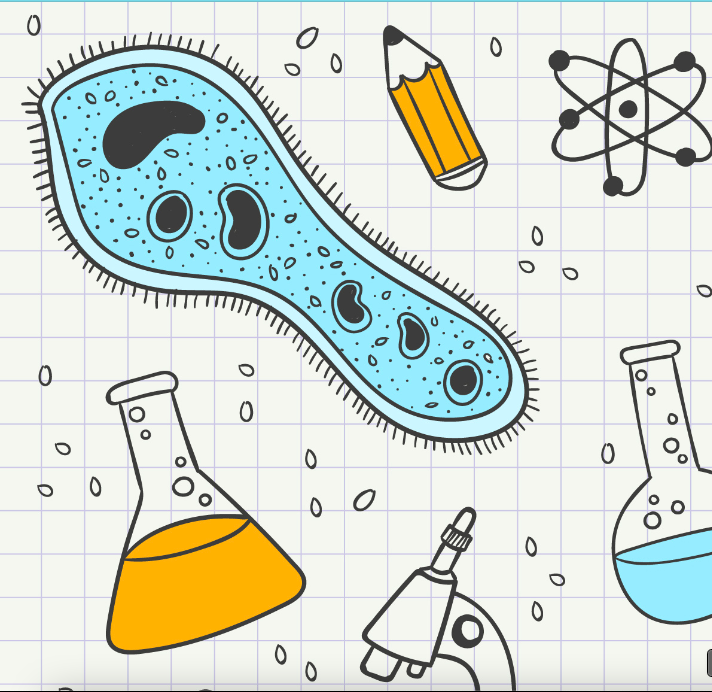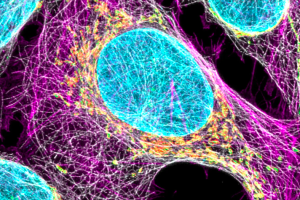
Introduction to Biology – The Secret of Life
Biology is the study of living organisms and everything related to life on Earth. It is the science that seeks to unravel the secret of life and understand the processes that drive everything from microorganisms to animals and humans to grow, develop, and survive. At its core, life is an incredibly complex phenomenon, requiring interactions between countless biological and environmental factors. Through biology, we can discover and analyze these complexities.
What is Biology?
Biology focuses on studying living organisms of various kinds, from microscopic entities like bacteria and viruses to complex organisms such as plants and animals. This field includes research into how organisms grow, reproduce, adapt to their environments, and interact with each other. Biology is also fundamental to understanding diseases, the environment, and even technological advancements, as it is used in many areas such as medicine, agriculture, and biotechnology.
The Secret of Life
DNA (deoxyribonucleic acid) is considered the fundamental molecule that carries the “secret of life.” It is the code that directs cells on how to grow, develop, and reproduce. Each living organism has a unique DNA that imparts distinctive traits, explaining the immense biological diversity on Earth. Through the study of genetics and molecular biology, scientists have uncovered many secrets about how living organisms function at a molecular level.
Basic Biological Processes
Basic biological processes are similar across all living organisms. For example, cellular respiration helps convert food into energy, or photosynthesis performed by plants converts sunlight into energy. These fundamental processes illustrate how living organisms interact with their environments and maintain their existence.
- Cellular Respiration: A process through which food is converted into energy using oxygen. This occurs in the cells of living organisms and is essential for life.
- Photosynthesis: A process carried out by plants and some other organisms to convert sunlight into chemical energy, which nourishes the food chain and is considered the primary source of energy on Earth.
Diversity of Life
The world of living organisms is incredibly diverse, with millions of species adapting to different environments. Living organisms range from microscopic single-celled entities like bacteria and viruses to complex beings such as animals and humans. Each species has unique characteristics that help it survive in its environment.
- Adaptation: Living organisms have an amazing ability to adapt to their environmental conditions, either through physical or behavioral changes. This adaptation is key to survival and evolution.
- Evolution: Over millions of years, living organisms have evolved, allowing them to improve their ability to survive and reproduce in changing environments.
Importance of Biology in Our Daily Lives
Biology is not just an academic field; it has a direct impact on our daily lives. Medicine, for example, relies heavily on understanding biological processes to treat and prevent diseases. Agriculture depends on biology to develop crops that are more resistant to drought and pests. Even modern technologies such as genetic engineering and biotechnology rely on a deep understanding of biology.
Conclusion
Biology is the key to understanding life in its various dimensions. From intricate cellular processes to large-scale environmental adaptations, this science reveals the complexity of life and the secret of its continuity. Additionally, biology plays a crucial role in human advancement through its wide applications in medicine, agriculture, and environmental protection.
Tag:Course

